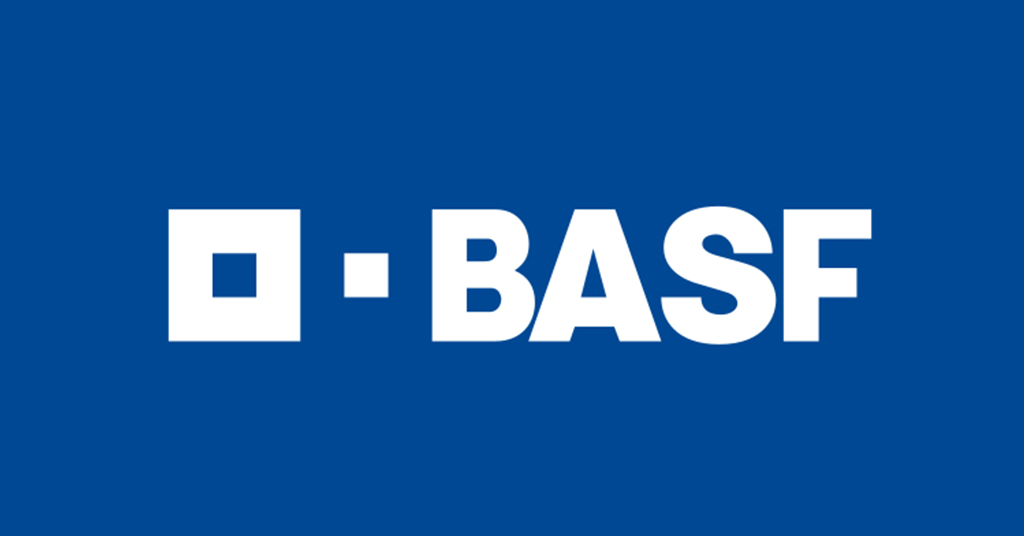Welcome To ChemAnalyst

Germany: BASF, the German chemical and pharmaceutical conglomerate, recently announced its withdrawal of its subsidiary Wintershall Dea. This resulted in a billion-dollar loss in 2022, as well as a significant impact on the company's operations due to rising raw material and energy prices as a result of the Ukraine war last year. Sales for the DAX-listed group increased overall for 2020, but operating profit saw a marked decline. As conditions in Europe have become more difficult, BASF has implemented an austerity program to help address these declining profits.
Despite the success BASF experienced in the first half of the year, their business is now feeling the pressure brought on by rising raw material and energy costs. This poses a challenge for the Ludwigshafen-based chemical company.
BASF achieved notable success in 2022, with a year-on-year increase in sales of eleven percent to 87.3 billion euros. This was mainly due to higher prices and favorable exchange rates. Unfortunately, operating profit declined with adjusted EBIT falling by 11 percent to just under 6.9 billion euros.
BASF's Board of Executive Directors recently announced a cost-cutting program that is projected to yield 500 million euros in annual non-production cost savings. The program is slated to be implemented between 2023 and 2024 due to deteriorating business conditions, particularly high gas prices, in Europe. More than half of the cuts are said to target the company's Ludwigshafen site, which currently employs almost 39,000 out of BASF's global workforce of 111,000 employees.
BASF has reported a considerable bottom-line loss of close to 1.4 billion euros in 2022. This major deficit was largely due to significant write-downs of the Wintershall Dea subsidiary, which attributed to a total of 7.3 billion euros, with 5.4 billion euros in the fourth quarter alone. In stark contrast, the same group had earned an impressive 5.5 billion euros in 2021. Considering this substantial drop in profits, BASF's Wintershall Dea subsidiary has spoken out against what it claims is a de facto expropriation of its holdings in Russia and is now pursuing plans for complete withdrawal from the country.
Wintershall Dea was heavily criticized for not divesting its operations in Russia early on despite the conflict between the two countries. Companies such as Shell and Enel, however, were much quicker to sever ties with Russia and discontinue their businesses there.
Mario Mehren, CEO of Wintershall Dea, recently stated that there were no new opportunities in November, "the only way to withdraw from Russia would be to give our activities to the Russian state." Russian assets for one of the world's leading oil and gas companies amounted to around 2.5 billion euros at the end of October. The company had announced that it was looking into a legal separation of its business, with about half of its oil and gas production coming from Russia.
At the start of the year, there was an abrupt change of direction. "Continuing our business in Russia is not viable," Mehren stated. The aggression by Russia in Ukraine has caused a breakdown of relations between Europe and Russia. He added that the Russian government had imposed restrictions on Western companies' activities. "The joint ventures were de facto economically expropriated," he added.
BASF's subsidiary recently referred to newly implemented Russian regulations from December. These regulations significantly lower the prices Gazprom can purchase Hydrocarbons from the joint ventures produced by the subsidiary.
BASF has announced its withdrawal from Russia, but still plans to list its majority stake in Wintershall Dea on the stock market. "BASF stands by its strategic goal of selling its shares in Wintershall Dea AG," a spokesman stated in response to a query. The company is still aiming to go public via an initial public offering (IPO), he added.
In 2019, Wintershall Holding and Dea merged to form Wintershall Dea. BASF currently owns 70 percent of the company, while LetterOne holds the remaining 30 percent. Although an initial public offering (IPO) was planned in the second half of 2020, it has since been postponed multiple times.
Industry experts were left disappointed when the business performance during the final quarter did not meet expectations. Surprisingly, BASF's net loss for the full year even exceeded internal predictions.
The operating profit before special items missed market forecasts by a staggering 17 percent in the last three months of the year. Both BASF's Chemicals division and Nutrition & Care segment can be attributed to this poor showing; the former manufactures basic chemicals while the latter develops ingredients for consumer goods.
BASF's cash flow figures for 2022 are expected to be positive due to destocking, but the company is uncertain if they will be able to pay out a dividend. Despite having sufficient funds from a cash flow perspective, the predicted job cuts and plant closures across Europe could make it difficult to transfer an adequate amount of money to investors.
We use cookies to deliver the best possible experience on our website. To learn more, visit our Privacy Policy. By continuing to use this site or by closing this box, you consent to our use of cookies. More info.
